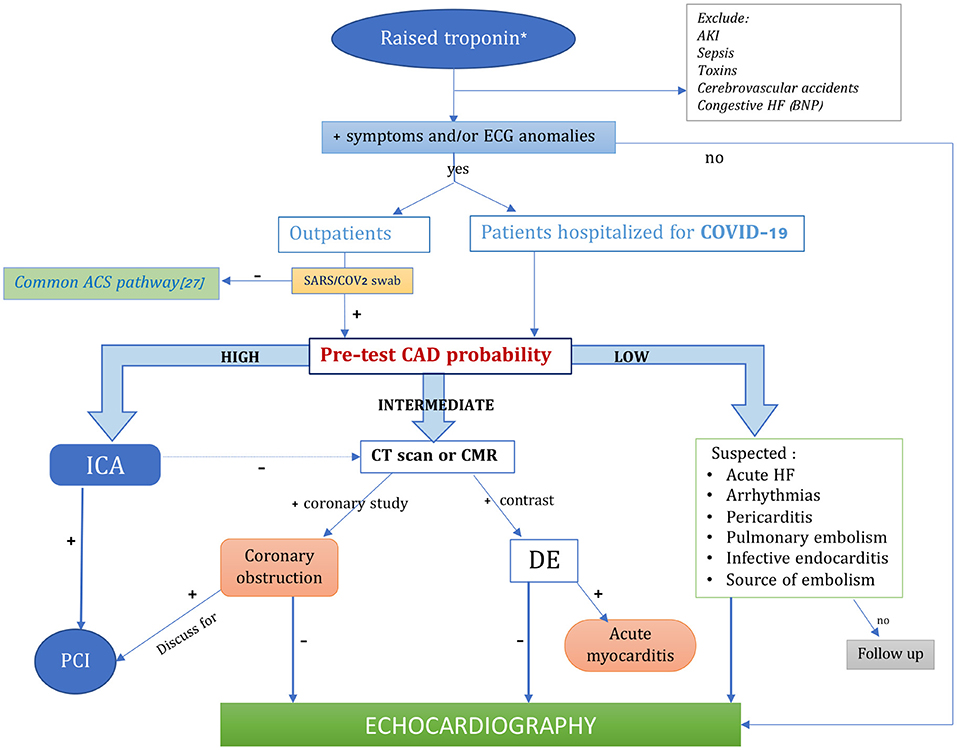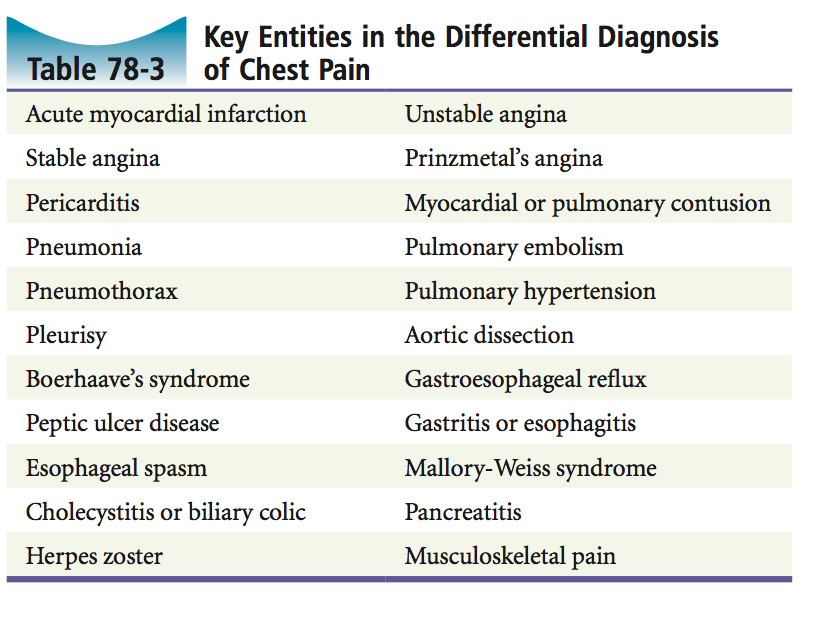Acute Coronary Syndrome, commonly referred to as ACS, is a term used to describe a group of conditions caused by sudden, reduced blood flow to the heart. These conditions are serious and require immediate medical attention. In this article, we will explore what Acute Coronary Syndrome is, its causes, symptoms, and how it can be managed effectively.

Understanding Acute Coronary Syndrome
Acute Coronary Syndrome occurs when there is an obstruction in the blood vessels that supply oxygen-rich blood to the heart muscle. This obstruction can result in chest pain or discomfort, often described as angina, and may lead to a heart attack if not treated promptly. The condition encompasses several diagnoses, including unstable angina and heart attacks such as ST-segment elevation myocardial infarction and non-ST-segment elevation myocardial infarction.
The severity of Acute Coronary Syndrome varies depending on the extent of blockage and the duration of reduced blood flow. Early recognition and treatment are crucial for minimizing damage to the heart muscle and preventing complications.
Causes of Acute Coronary Syndrome
Several factors contribute to the development of Acute Coronary Syndrome. Understanding these causes can help individuals take preventive measures to reduce their risk.
Atherosclerosis
Atherosclerosis is one of the primary causes of Acute Coronary Syndrome. It refers to the buildup of fatty deposits, cholesterol, and other substances on the walls of the arteries. Over time, these deposits harden and narrow the arteries, restricting blood flow to the heart. If a piece of the plaque breaks off, it can form a clot that further blocks the artery, leading to Acute Coronary Syndrome.
Coronary Artery Spasm
A coronary artery spasm is another potential cause of Acute Coronary Syndrome. During a spasm, the muscles in the wall of a coronary artery tighten suddenly, temporarily reducing or cutting off blood flow to the heart. These spasms can occur in people with or without underlying artery disease and may be triggered by stress, smoking, or exposure to cold temperatures.
Blood Clots
Blood clots play a significant role in the development of Acute Coronary Syndrome. When a clot forms in a coronary artery, it can completely block blood flow, causing a heart attack. Blood clots often develop due to the rupture of atherosclerotic plaques, which exposes the inner layers of the artery to blood components that promote clot formation.
Risk Factors
- High Blood Pressure: Elevated blood pressure can damage the arteries over time, making them more susceptible to blockages.
- High Cholesterol Levels: Excessive cholesterol in the blood contributes to the formation of plaques in the arteries.
- Smoking: Smoking damages the lining of the arteries and increases the risk of clot formation.
- Diabetes: Diabetes increases the likelihood of developing atherosclerosis and other cardiovascular conditions.
- Obesity: Being overweight or obese raises the risk of high blood pressure, high cholesterol, and diabetes.
- Family History: A family history of heart disease increases an individual’s susceptibility to Acute Coronary Syndrome.
Symptoms of Acute Coronary Syndrome
Recognizing the symptoms of Acute Coronary Syndrome is essential for seeking timely medical intervention. While symptoms can vary from person to person, some common signs include:
Chest Pain or Discomfort
Chest pain or discomfort is one of the hallmark symptoms of Acute Coronary Syndrome. Individuals may experience a feeling of pressure, tightness, or squeezing in the center or left side of the chest. This pain can last for a few minutes or come and go intermittently.
Shortness of Breath
Shortness of breath often accompanies chest pain and may occur even without physical exertion. Some individuals may feel as though they cannot catch their breath or that they are suffocating.
Nausea and Vomiting
Nausea and vomiting are common symptoms, particularly in women and older adults. These symptoms may be mistaken for gastrointestinal issues, delaying diagnosis and treatment.
Pain Radiating to Other Areas
In addition to chest pain, individuals may experience pain that radiates to other parts of the body, such as the arms, neck, jaw, back, or stomach. This type of pain is often described as a deep, aching sensation.
Cold Sweats and Dizziness
Cold sweats and dizziness are additional symptoms that may indicate Acute Coronary Syndrome. These symptoms often accompany chest pain and can signal a severe reduction in blood flow to the heart.
Fatigue
Unexplained fatigue, especially in women, can be an early warning sign of Acute Coronary Syndrome. Individuals may feel unusually tired or weak, even after minimal physical activity.
Diagnosis of Acute Coronary Syndrome
When a person presents with symptoms suggestive of Acute Coronary Syndrome, healthcare providers use a combination of tests and evaluations to confirm the diagnosis.
Electrocardiogram
An electrocardiogram is a non-invasive test that records the electrical activity of the heart. It can detect abnormalities in heart rhythm and identify areas of the heart that may not be receiving adequate blood flow.
Blood Tests
Blood tests are performed to measure the levels of certain enzymes and proteins released into the bloodstream when heart muscle cells are damaged. Elevated levels of these markers indicate a heart attack.
Coronary Angiography
Coronary angiography involves injecting a contrast dye into the coronary arteries and taking X-ray images to visualize blockages or narrowing in the arteries. This test helps guide treatment decisions.
Treatment Options for Acute Coronary Syndrome
Treatment for Acute Coronary Syndrome focuses on restoring blood flow to the heart, relieving symptoms, and preventing future episodes. The specific approach depends on the severity of the condition and the individual’s overall health.
Medications
Several medications are used to manage Acute Coronary Syndrome:
- Aspirin: Aspirin helps prevent blood clots by thinning the blood.
- Nitroglycerin: Nitroglycerin relaxes the blood vessels and improves blood flow to the heart.
- Beta-Blockers: Beta-blockers reduce the workload on the heart and lower blood pressure.
- Antiplatelet Drugs: Antiplatelet drugs prevent platelets from sticking together and forming clots.
- Statins: Statins lower cholesterol levels and stabilize plaques in the arteries.
Procedures
In some cases, procedures may be necessary to treat Acute Coronary Syndrome:
- Angioplasty: Angioplasty involves inserting a small balloon into the blocked artery to widen it and restore blood flow. A stent may also be placed to keep the artery open.
- Coronary Artery Bypass Grafting: This surgical procedure bypasses blocked arteries by using healthy blood vessels from other parts of the body to reroute blood flow around the obstruction.
Lifestyle Changes for Managing Acute Coronary Syndrome
In addition to medical treatments, lifestyle modifications are essential for managing Acute Coronary Syndrome and reducing the risk of recurrence.
Dietary Adjustments
Eating a heart-healthy diet rich in fruits, vegetables, whole grains, lean proteins, and healthy fats can improve cardiovascular health. Reducing salt, sugar, and saturated fat intake is also recommended.
Regular Exercise
Engaging in regular physical activity, such as walking, swimming, or cycling, strengthens the heart and improves circulation. Aim for at least 150 minutes of moderate-intensity exercise per week.
Smoking Cessation
Quitting smoking is one of the most effective ways to reduce the risk of Acute Coronary Syndrome. Support programs, counseling, and medications can aid in the quitting process.
Stress Management
Chronic stress can negatively impact heart health. Practicing relaxation techniques such as meditation, yoga, or deep breathing exercises can help manage stress levels.
Weight Management
Maintaining a healthy weight reduces the strain on the heart and lowers the risk of developing related conditions like high blood pressure and diabetes.
Preventing Acute Coronary Syndrome
While not all cases of Acute Coronary Syndrome can be prevented, adopting a proactive approach to heart health can significantly reduce the risk.
Regular Health Check-Ups
Scheduling regular check-ups with a healthcare provider allows for the monitoring of blood pressure, cholesterol levels, and other risk factors. Early detection and management of these conditions can prevent complications.
Adherence to Medications
For individuals with existing heart conditions or risk factors, adhering to prescribed medications is critical for maintaining heart health and preventing Acute Coronary Syndrome.
Educating Yourself and Others
Understanding the signs and symptoms of Acute Coronary Syndrome empowers individuals to seek prompt medical attention. Educating family members and friends about the condition ensures that they can recognize warning signs and act quickly in emergencies.





